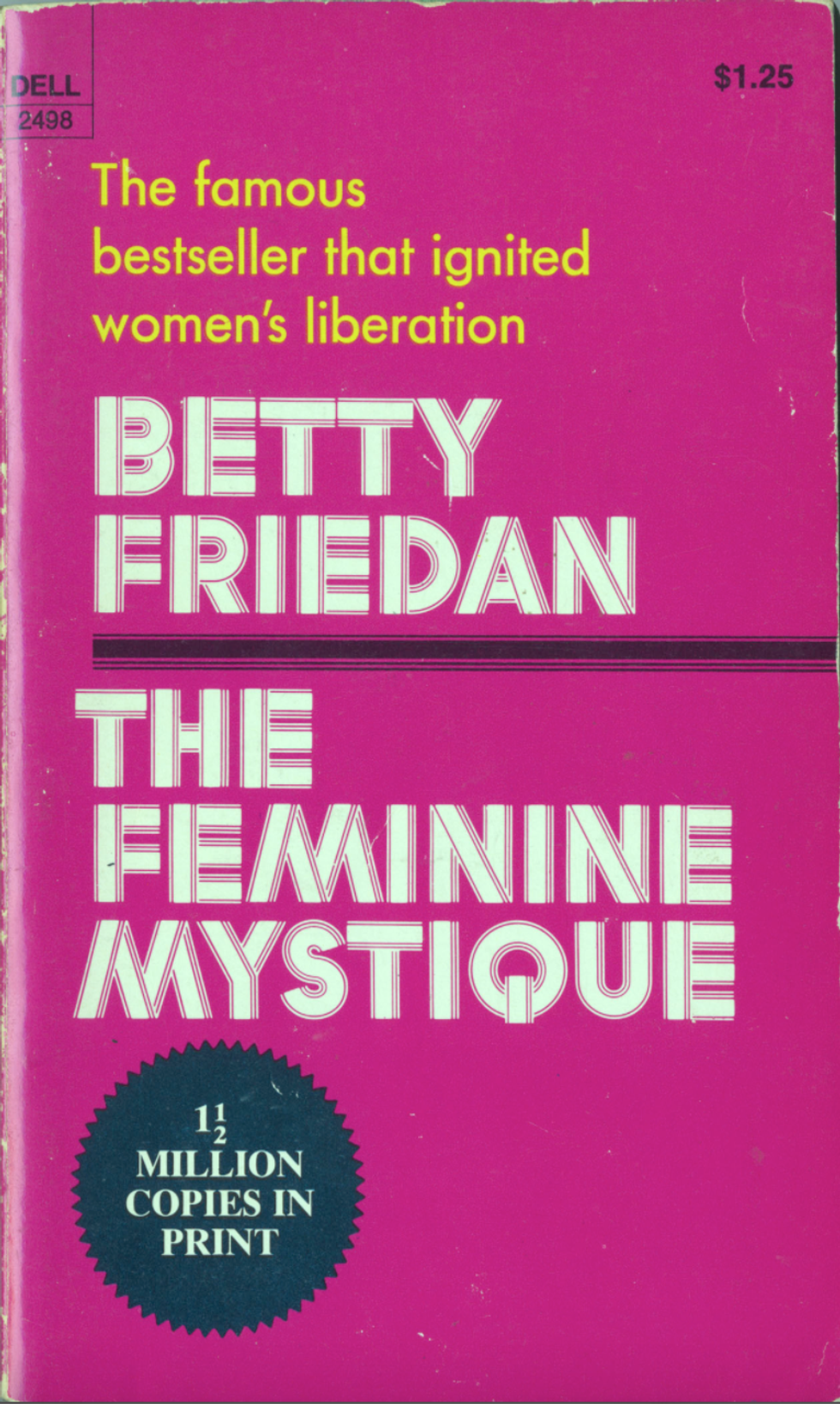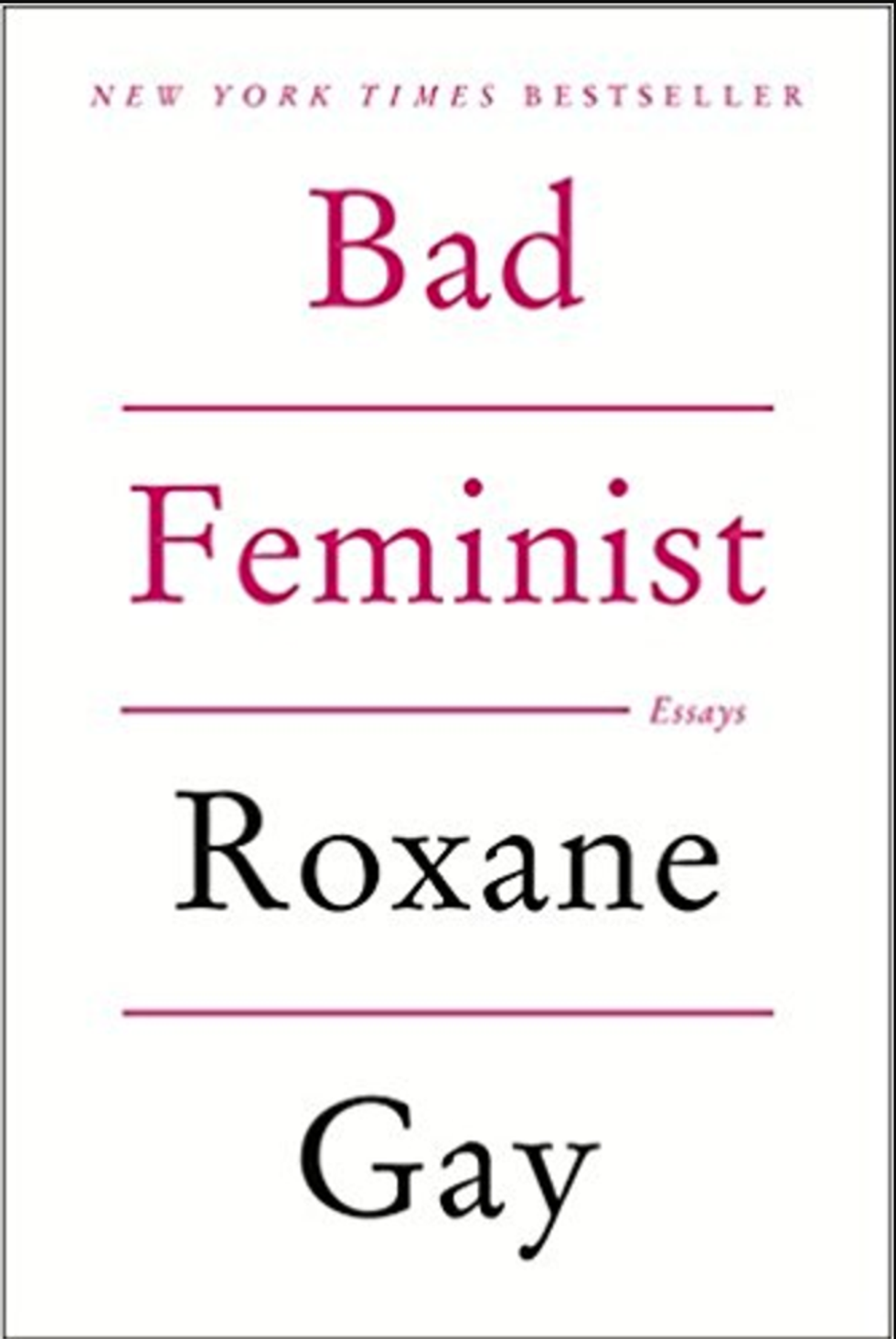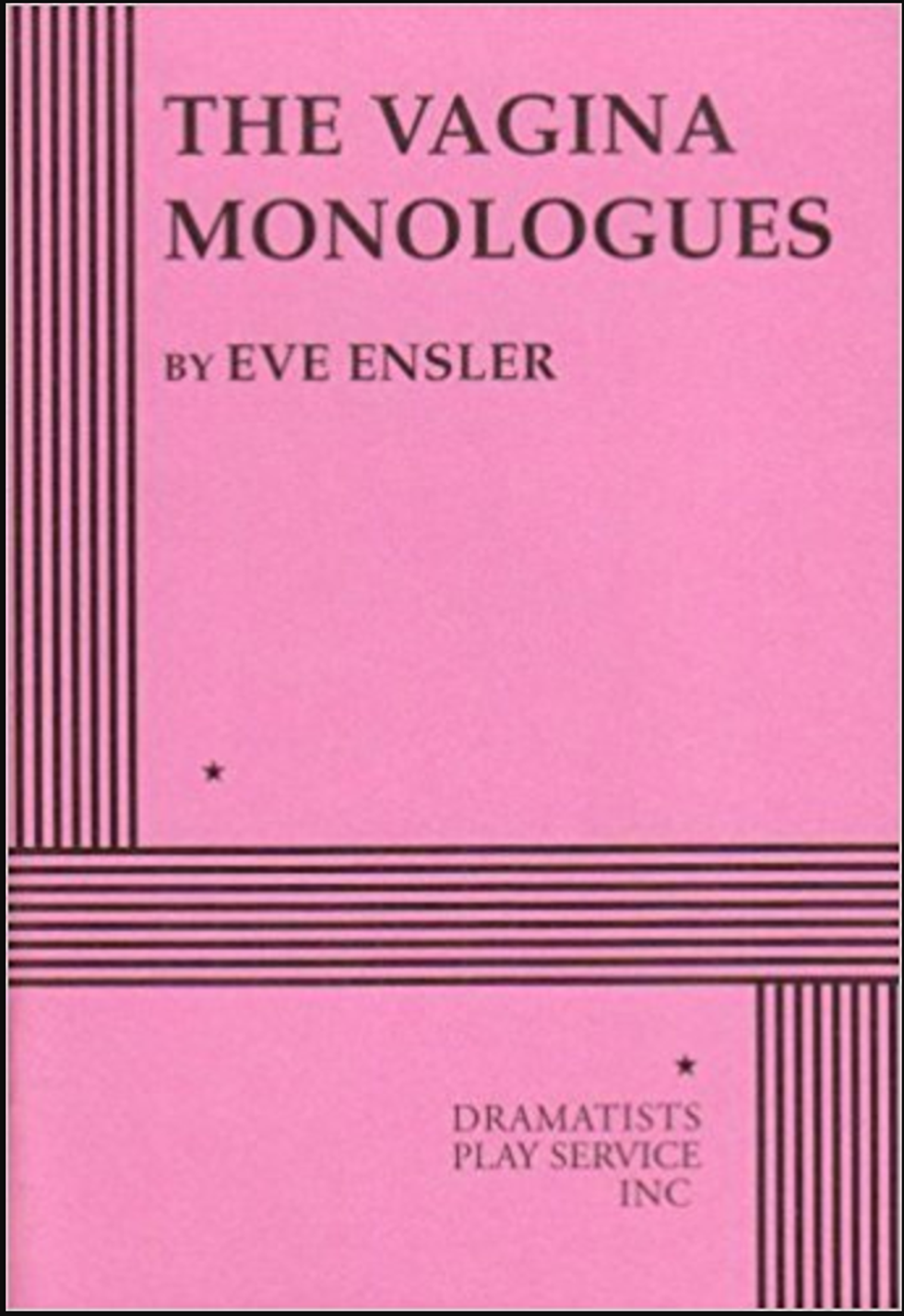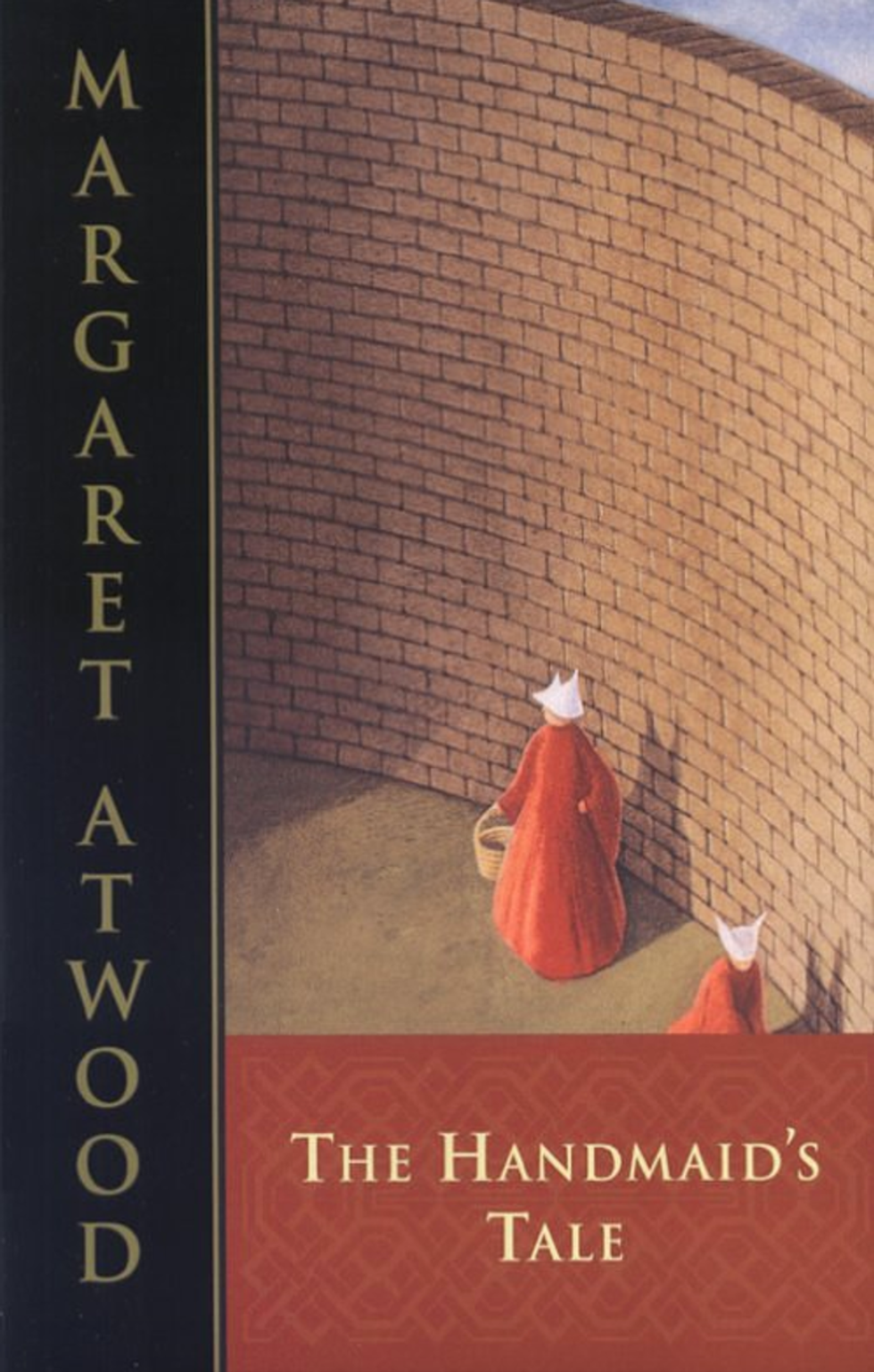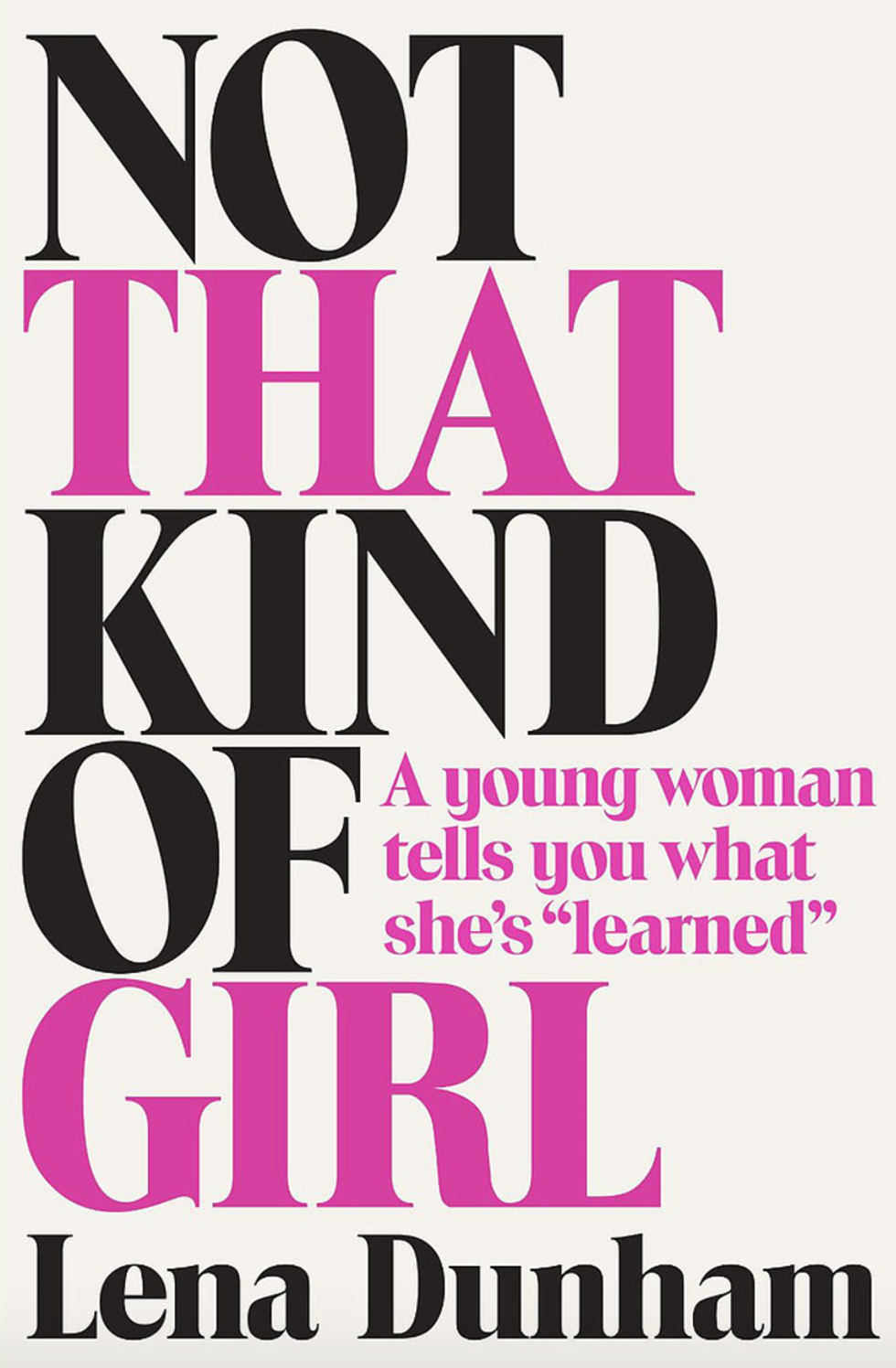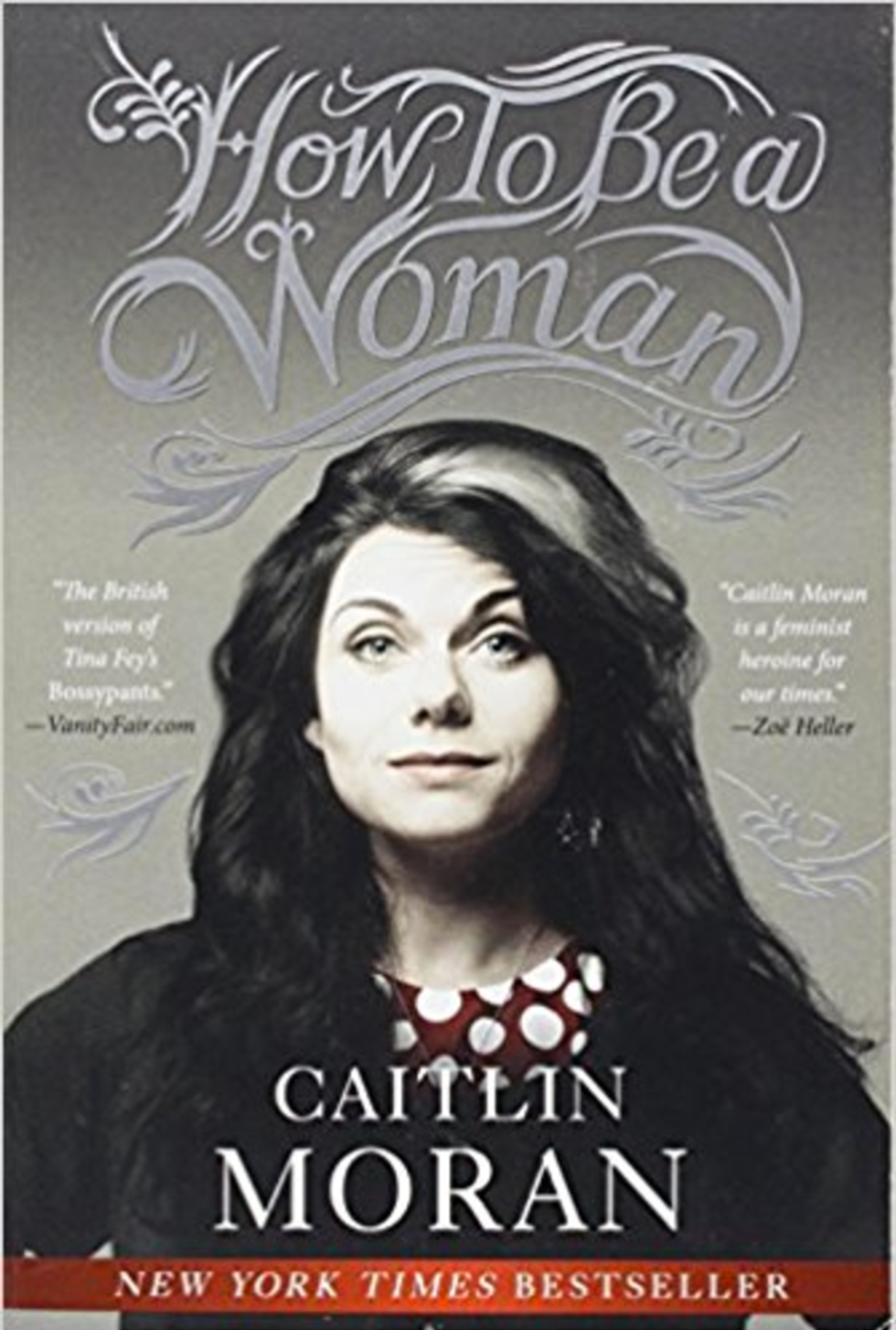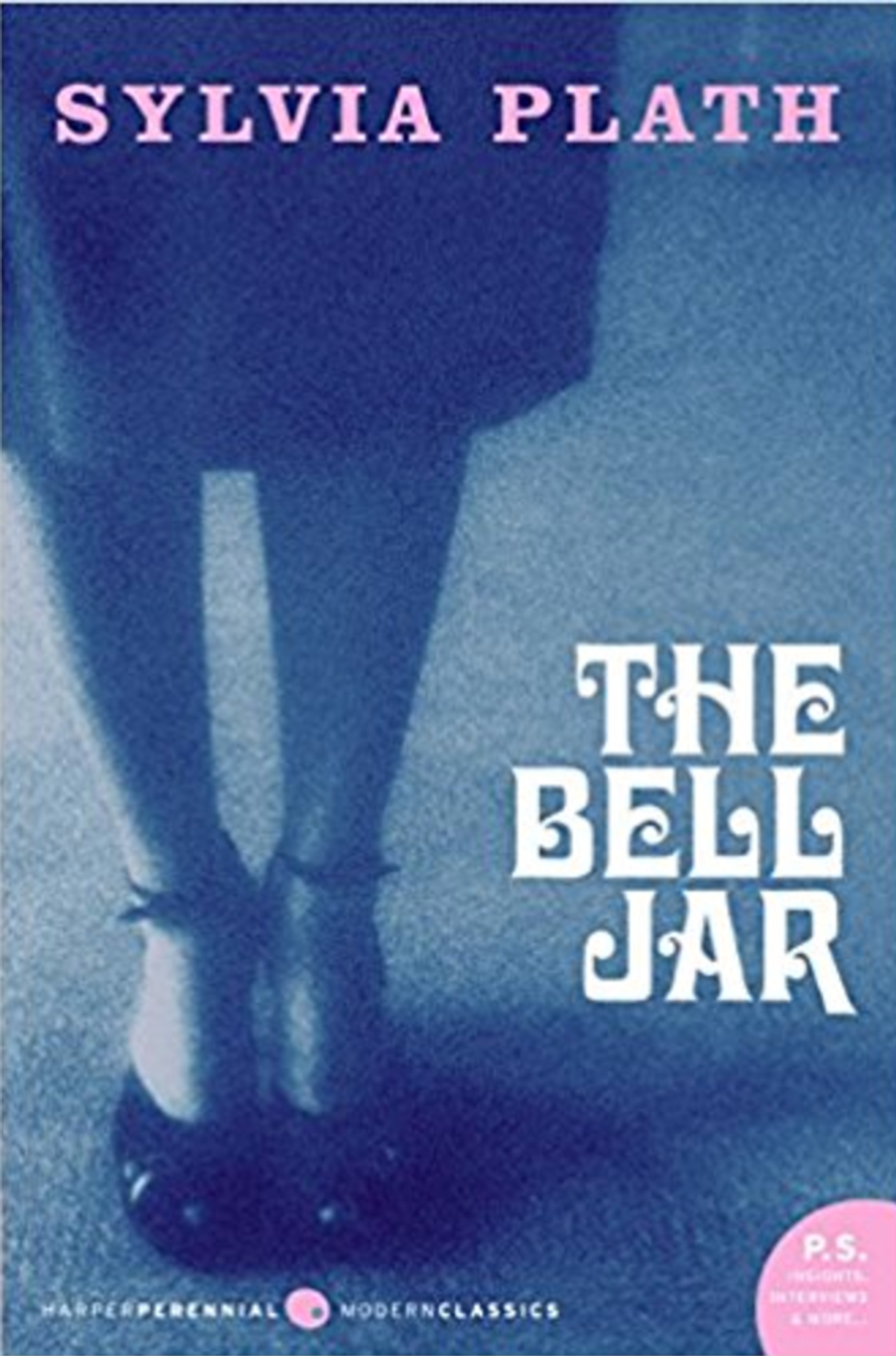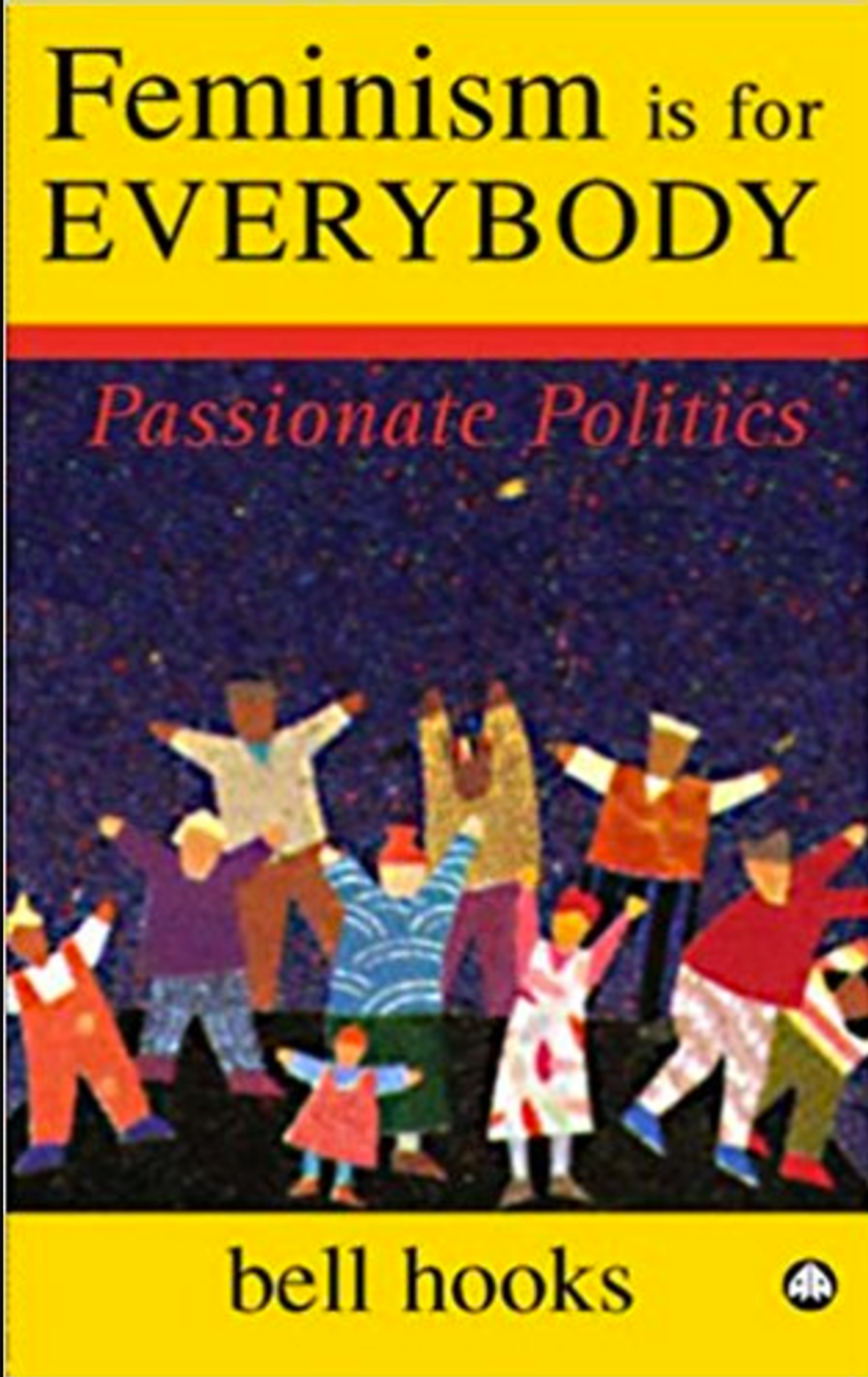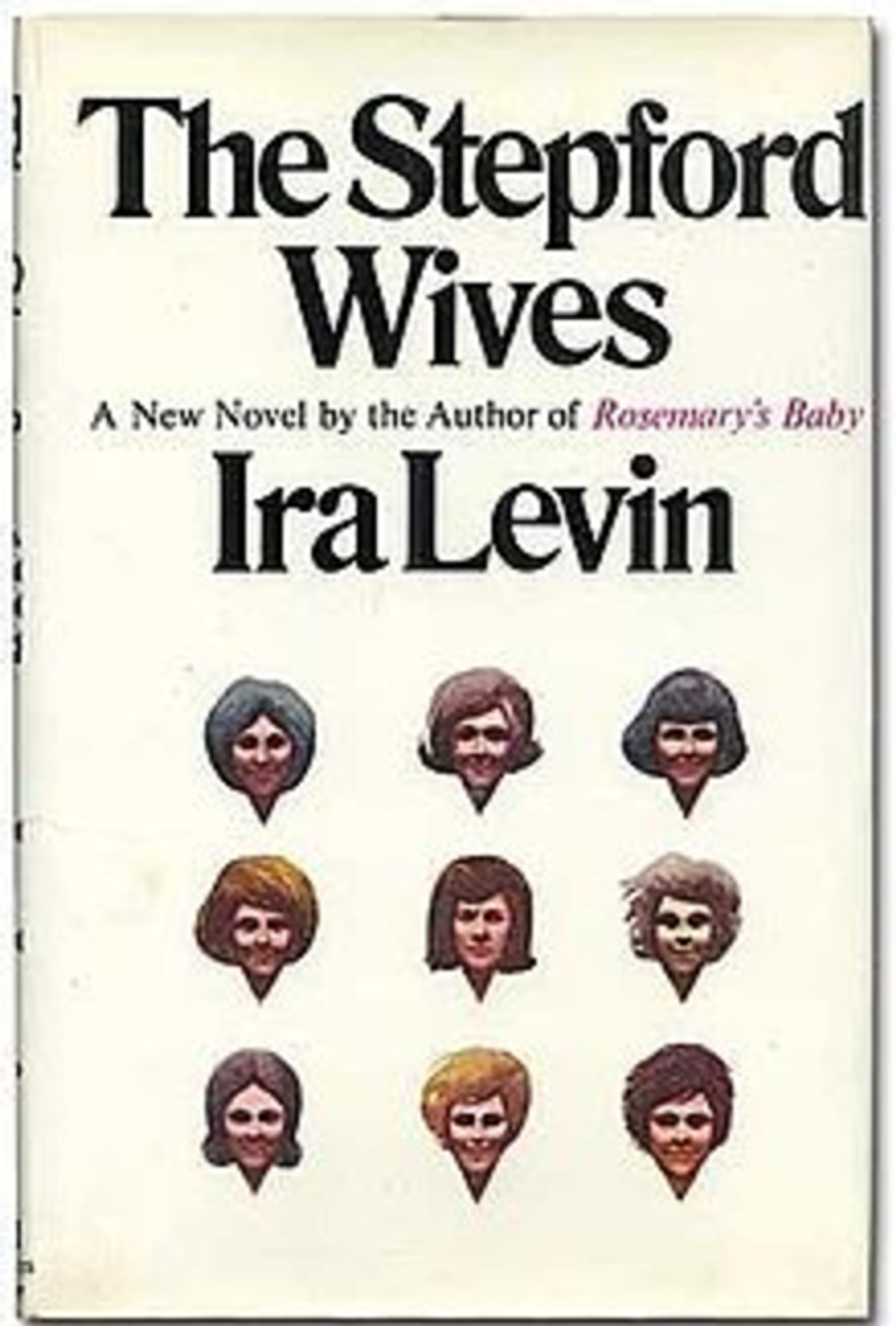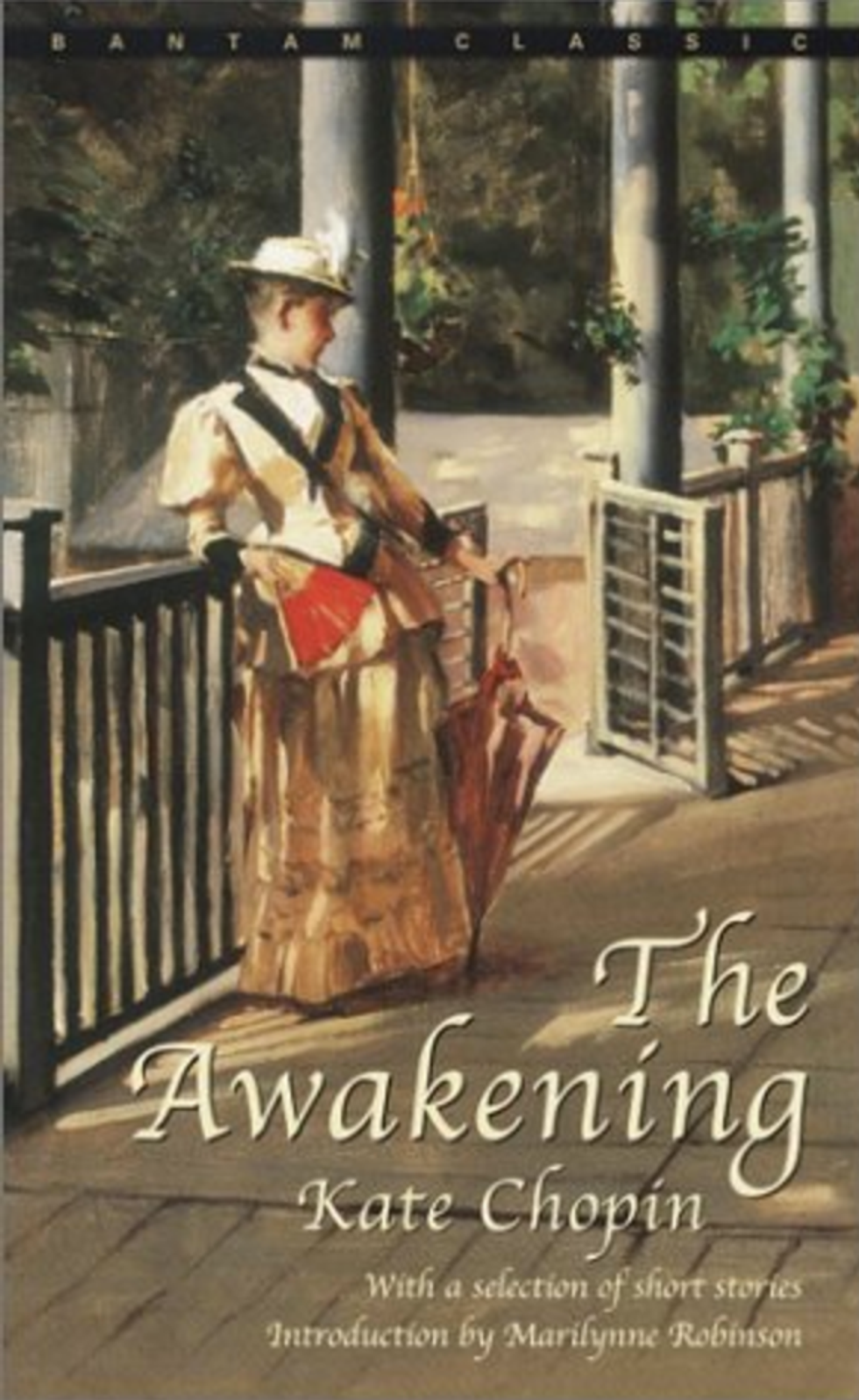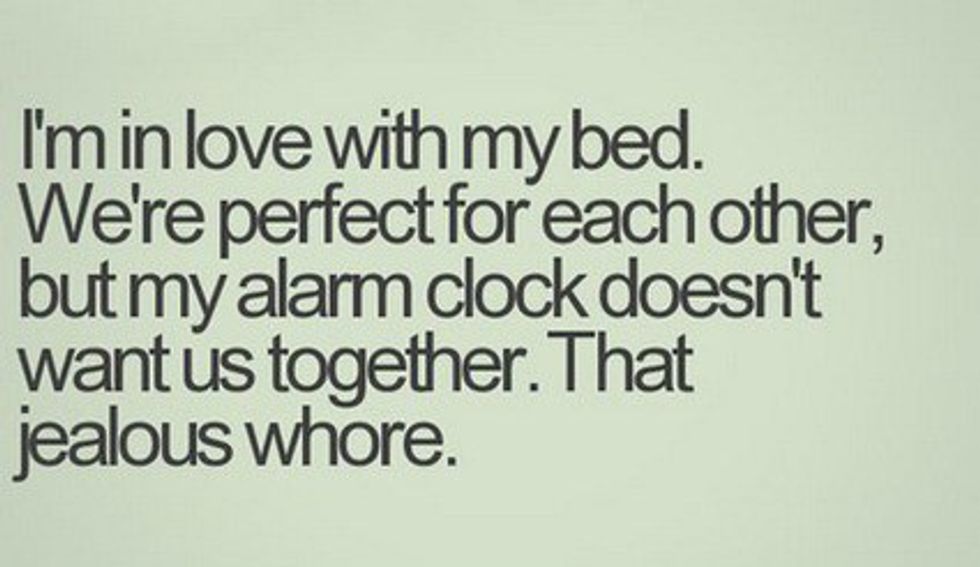As a proud, but unknown being once opined, "Here's to strong women. May we know them. May we be them. May we raise them." In our generation, raising women to be feminists, not conforming to the status quo of conservative beliefs and believing in the authenticity of the worthy value of each human being, is still frowned upon. People, especially those in authority who label themselves as "men," still see women behind kitchen supplies and within the home - never in a workplace or in a college setting. Being a feminist isn't about bashing the male species or halting the usage of high heels.
Truthfully, a feminist stands for the definition of a gender equality-driven world where men and women are viewed the same in the social, financial, and political spheres. Feminism is about breaking glass ceilings, loving human beings, and educating one another. So, without further ado, I've created a mini list of books every feminist should read in order to become fully educated on how "women's rights are human rights and human rights are women's rights" - forever and always.
1. "The Feminine Mystique" by Betty Friedan
“Each suburban wife struggles with it alone. As she made the beds, shopped for groceries, matched slipcover material, ate peanut butter sandwiches with her children, chauffeured Cub Scouts and Brownies, lay beside her husband at night - she was afraid to ask even of herself the silent question - 'Is this all?'”
2. "Bad Feminist" by Roxane Gay
“I embrace the label of bad feminist because I am human. I am messy. I’m not trying to be an example. I am not trying to be perfect. I am not trying to say I have all the answers. I am not trying to say I’m right. I am just trying - trying to support what I believe in, trying to do some good in this world, trying to make some noise with my writing while also being myself.”
3. "The Vagina Monologues" by Eve Ensler
“The heart is capable of sacrifice. So is the vagina. The heart is able to forgive and repair. It can change it's shape to let us in. It can expand to let us out. So can the vagina. It can ache for us and stretch for us, die for us and bleed and bleed us into this difficult, wondrous world. So can the vagina. I was there in the room. I remember.”
4. "The Handmaid's Tale" by Margaret Atwood
"We were the people who were not in the papers. We lived in the blank white spaces at the edges of print. It gave us more freedom. We lived in the gaps between the stories."
5. "Not That Kind of Girl" by Lena Dunham
“I have been envious of male characteristics, if not the men themselves. I'm jealous of the ease with which they seem to inhabit their professional pursuits: the lack of apologizing, of bending over backward to make sure the people around them are comfortable with what they're trying to do. The fact that they are so often free of the people-pleasing instincts I have considered to be a curse of my female existence.”
“I can never be who I was. I can simply watch her with sympathy, understanding, and some measure of awe. There she goes, backpack on, headed for the subway or the airport. She did her best with her eyeliner. She learned a new word she wants to try out on you. She is ambling along. She is looking for it.”
6. "How to Be a Woman" by Caitlin Moran
"So here is the quick way of working out if you're a feminist. Put your hand in your pants.
a) Do you have a vagina? and
b) Do you want to be in charge of it?
If you said 'yes' to both, then congratulations! You're a feminist.”
7. "The Bell Jar" by Sylvia Plath
"I took a deep breath and listened to the old brag of my heart. I am, I am, I am."
"The silence depressed me. It wasn't the silence of silence. It was my own silence."
8. "Feminism is for EVERYBODY" by Bell Hooks
“Simply put, feminism is a movement to end sexism, sexist exploitation and oppression. I liked this definition because it does not imply that men were the enemy.”
9. "The Stepford Wives" by Ira Levin
“Today the combat takes a different shape; instead of wishing to put man in a prison, woman endeavors to escape from one; she no longer seeks to drag him into the realms of immanence but to emerge, herself, into the light of transcendence. Now the attitude of the males creates a new conflict: it is with a bad grace that the man lets her go.”
10. "The Awakening" by Kate Chopin
"She was becoming herself and daily casting aside that fictitious self which we assume like a garment with which to appear before the world.”




